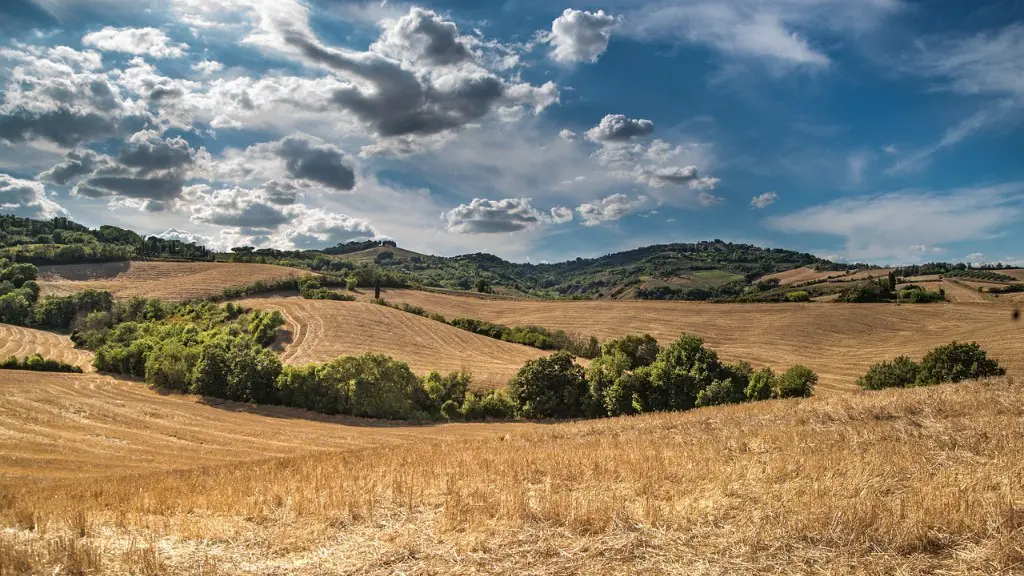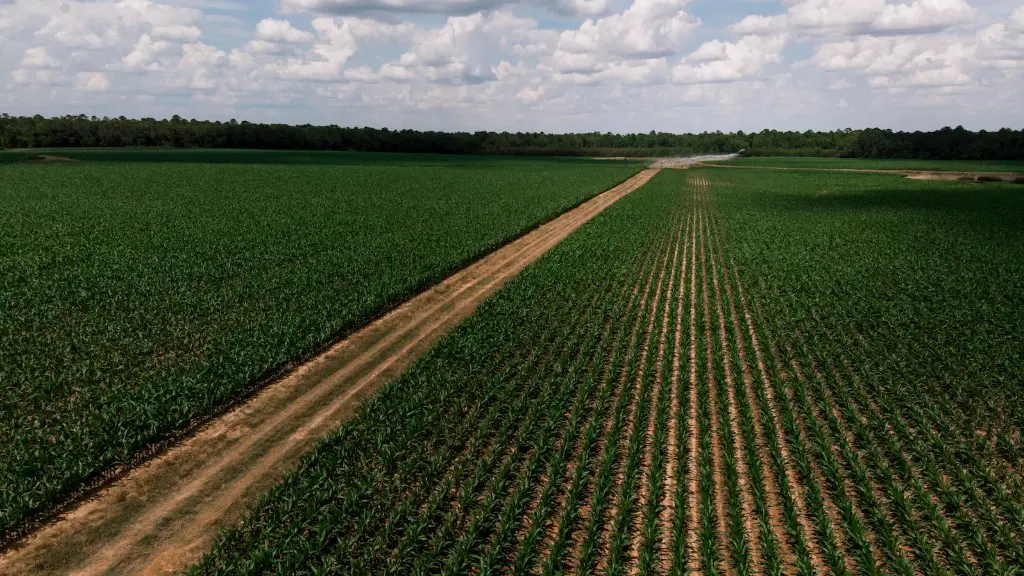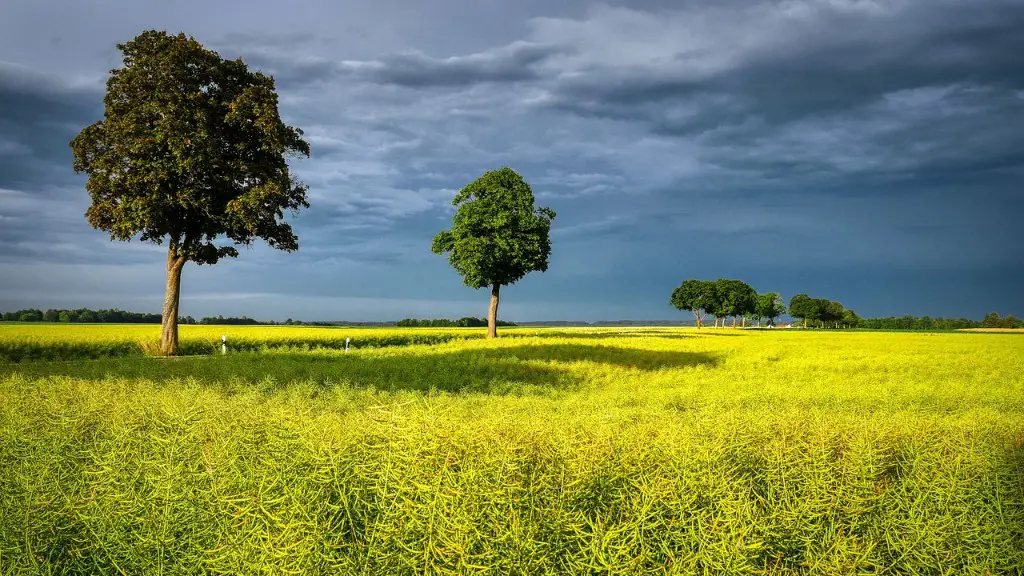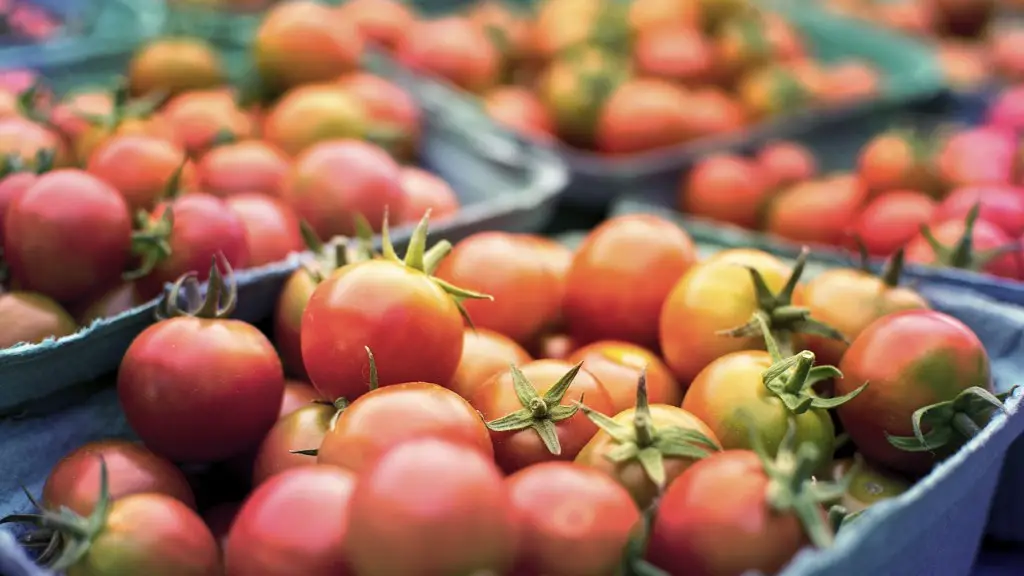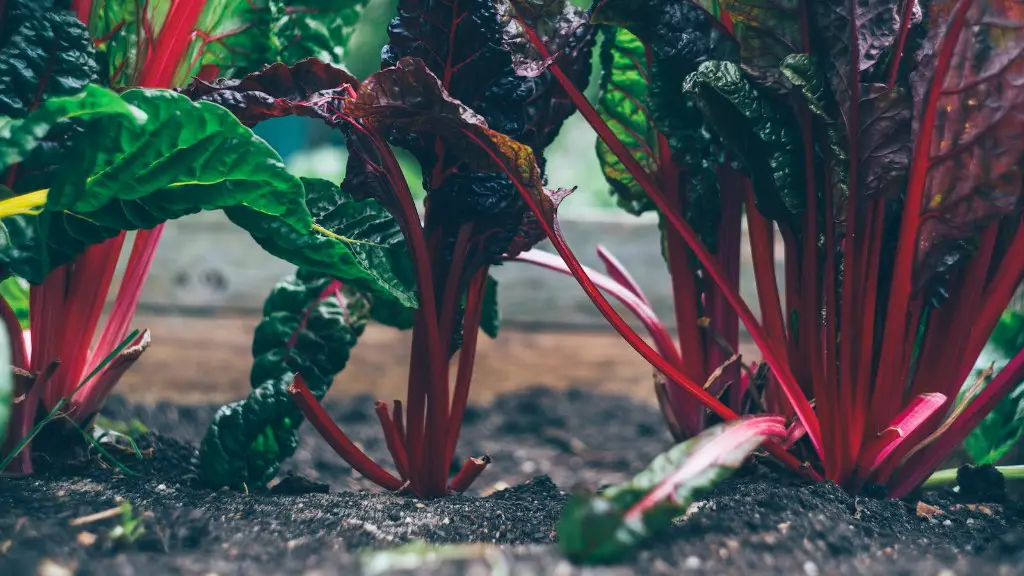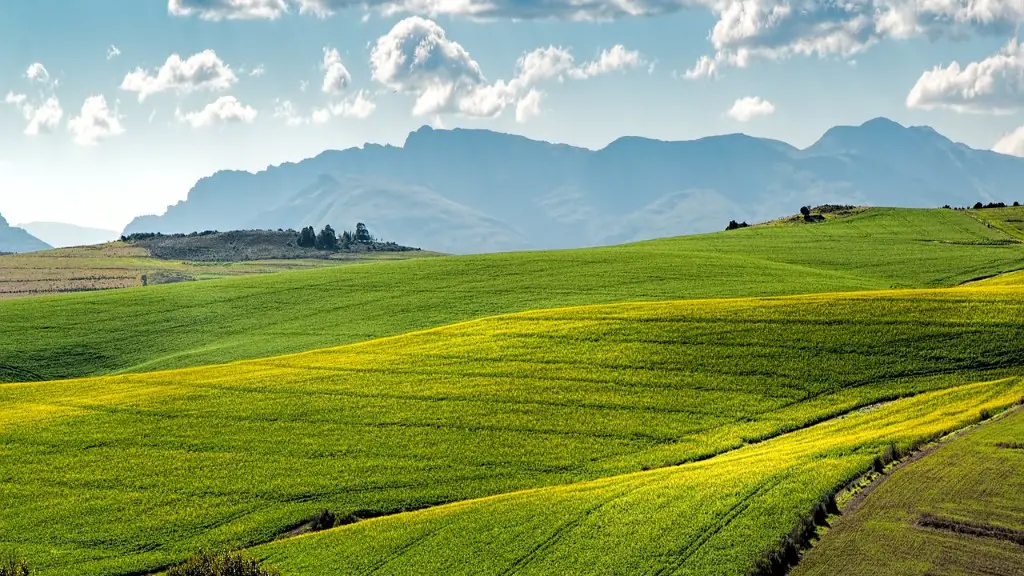Bio agriculture is a type of agriculture that focuses on using organic materials and methods to produce food and other crops. This includes using natural fertilizers and pest control methods, as well as avoiding the use of synthetic chemicals.
Bio agriculture is a type of agriculture that uses organic methods to produce crops and livestock.
What does bio mean in agriculture?
Agricultural biotechnology is a range of tools that can be used to alter living organisms or parts of organisms to improve plants or animals, or to develop microorganisms for specific agricultural uses. These tools can include traditional breeding techniques, as well as more modern methods such as genetic engineering.
There are many potential applications of agricultural biotechnology, such as developing crops that are resistant to pests or diseases, improving the nutritional content of foods, or increasing the efficiency of livestock production. However, there are also risks associated with this technology, and it is important to consider both the potential benefits and risks before using it.
Incumbents in these classes research, analyze, evaluate and make recommendations on agricultural biology problems; make technical investigations on insect, plant pathogen, nematode or weed and vertebrate pest problems; develop and direct surveys to determine the extent and status of plant pests, plant diseases and vertebrate pests; develop and conduct field trials to evaluate new or revised control methods; develop and interpret results of experiments; develop economic injury levels and treatment thresholds; and prepare technical reports.
What are some examples of biotechnology in agriculture
Biotechnology has had a profound impact on agriculture, with farmers now able to produce more food with less effort than ever before. Genetically modified crops are one of the most significant examples of biotechnology in agriculture, as they allow for crops to be grown with less water, pesticide, and herbicide use. Additionally, biofuels have been developed as a more sustainable alternative to fossil fuels, and biotechnology is also being used to improve plant growth and seed quality. Finally, biotechnology is also being used to improve animal health and breeding, ensuring that livestock are healthy and productive.
The main difference between organic and biodynamic farming is that organic farming allowed the use of imported organic fertilizers and pesticides while biodynamic farming requires that a farm system produce its own fertility. This means that biodynamic farms must rely more on livestock and crop rotation to maintain soil fertility.
What’s the difference between bio and organic?
The difference between BIO and ORGANIC is that BIO is a certification that guarantees that a product is made with as little impact on the environment as possible, while ORGANIC is a label that ensures that producers did not use pesticides or other chemicals to grow their products or to feed their animals.
The ECO label is used to identify products that comply with the rules of organic production. These products are also known as organic products. The ECO label is used to promote these products and to make them easily recognizable to consumers.
What is the highest paying job in agriculture?
There is a great demand for agricultural engineers, as they are responsible for designing machines and equipment that make farming more efficient and productive. They typically earn a very good salary, making them one of the highest-paying jobs in the agriculture industry.
Agricultural food scientists typically earn a good salary as well, as they conduct research to improve the quality and safety of food products. They may also develop new methods of food production and processing.
Veterinarians also earn a good salary, as they provide medical care to animals on farms. They may also work in zoos or wildlife parks, or conduct research on animal health and disease.
Winemakers earn a good salary as well, as they are responsible for making and selling wines. They may also work in vineyards, overseeing the production of grapes.
Farm managers typically earn a good salary as well, as they are responsible for the day-to-day operations of a farm. They may also supervise farm workers and oversee the production of crops or livestock.
Agricultural sales representatives earn a good salary as well, as they sell agricultural products to customers. They may also work in wholesaling or retailing of agricultural products.
There are many different careers in agriculture, from agricultural engineers to farm managers to conservation planners. Agricultural salespeople are also in high demand, as they help connect farmers with the right products and services. Soil and plant scientists are also in demand, as they help farmers to understand the best ways to care for their crops.
Is agriculture a good career
It’s a great opportunity for a career in agriculture! The job is best suited for those who have a keen enthusiasm for the agricultural settings and want to apply their engineering knowledge in that field.
Agricultural biotechnology has been used to improve the nutritional content of a variety of crops in an effort to meet the needs of an increasing population. Genetic engineering can produce crops with a higher concentration of vitamins and other nutrients that are essential to human health. This technology has the potential to improve the quality of life for people around the world by providing access to nutritious food.
What are the problems with biotechnology in agriculture?
Though agriculture biotechnology has the potential to increase the contamination of soil and plants by heavy metals, it may also pose a health risk to humans as a result of the proteins produced by newly added genes to the plants. It is important to consider the potential risks and benefits of this technology before implementing it on a large scale.
Genetically modified crops are those that have been altered at the genetic level in order to confer a specific trait. They may aim to improve crop performance in the field by conferring pest and disease resistance, herbicide resistance, or tolerance to environmental stresses (such as drought or flooding). However, there is much controversy surrounding the use of genetically modified crops, as there are concerns about their safety and potential impacts on the environment.
What are the 3 types of farms
Farms come in all shapes and sizes and there are many different types of farming to choose from. Here are 15 different types of farming:
1. Aquaculture Farming
2. Cooperative Farming
3. Hay Farming
4. Organic Farming
5. Urban Farming
6. Nomadic Farming
7. Sedentary Farming
8. Intensive Farming
9. Permaculture Farming
10. subsistence Farming
11. Commercial Farming
12. Factory Farming
13. Community Supported Agriculture
14. Indoor Farming
15. Vertical Farming
Organic farming is of two types; Pure Organic Farming and Integrated Organic Farming. Pure Organic Farming – This involves avoiding all unnatural chemicals. This method is not widely used as it is very difficult to maintain and requires a lot of effort. Integrated Organic Farming – This method uses some natural and some synthetic chemicals. This is a more common method as it is easier to maintain.
Is organic farming better than GMO?
Organic crops are often touted as being nutritionally superior to conventional or GMO crops, but there is little evidence to support this claim. In fact, numerous studies have found no significant nutritional advantage of organic over conventionally grown foods.
There are a few benefits of eating non-organic foods. First, they are often cheaper than organic foods. Second, they are typically more convenient to find and purchase. Third, some people believe that non-organic foods may actually be more nutritious than organic foods, as they contain more vitamins and minerals. Finally, non-organic foods tend to be more flavorful than organic foods.
Does bio mean no pesticides
The “bio” label on agricultural products indicates that the products were grown without the use of conventional pesticides or artificial fertilizers. Products that are certified “bio” have been verified by a third party to meet certain standards.
There is no scientific evidence to suggest that organic foods are more nutritious than regular food. However, some people believe that organic foods are more nutritious because they are grown without the use of synthetic pesticides and fertilizers. Additionally, organic foods are often grown in more natural and eco-friendly conditions, which some people believe makes them more nutritious.
Warp Up
Organic agriculture is a type of agriculture that focuses on growing plants and animals in a natural way, without the use of synthetic fertilizers or pesticides.
Bio agriculture is a method of farming that focuses on using natural processes and resources, rather than artificial ones. This approach can help to improve soil health, reduce water usage, and promote biodiversity.
